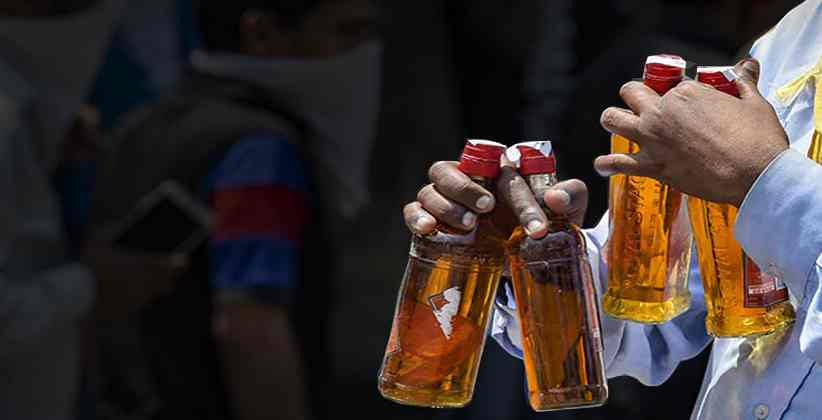In recent events, the Assistant Commissioner of Excise, Delhi Government, has informed the Delhi High Court that the Delhi Excise Act 1944, and the rules framed under it, rightfully empower the State to not only regulate the buying and selling of liquor but also formulate fledged discrete policies, guidelines, and rules for the regulation of liquor sale.
This information has been obtained from an affidavit in a PIL filed by Praveen Gulati in which he challenges the decision taken by the Delhi Government to impose a Special corona fee of 70% on the sale of liquor.
The affidavit states the following: Theres an element of privilege vis-a-vis the sale/dealing in liquor or for that matter the consumption of liquor, which the state is free to accord or regulate as per the State Excise law. Accordingly, the State also is free to impose and recover a price for grant of such privilege.
Subordinate legislation or administrative orders can be executed for such a grant of privilege for the sale or consumption/regulation of liquor which the affidavit submits.
The imposition of this special Corona Fee during times of circumstantial distress caused due to the global pandemic of COVID-19, is no more than a combination of price towards the grant of privilege as well as the cost of regulation or supervision.
Furthermore, apart from Delhi, 10 other states also have similar impositions of levy on alcohol, highlight the affidavit.
While challenging the application of sections 26 and 28 of the Delhi Excise Act 1944 in the present case, the affidavit also brings to light that the MRP of liquor is not being raised and the same is only being used as the basis for calculating the amount of the present Special Corona Fee.
The petitioner has challenged the case with arguments that the bare reading of the said Section 26 does not justify or back the generating revenue under a new parameter of Special Corona Fee.
Moreover, the petitioner submits that the government has invoked Section 81 of the Delhi Excise Act 1944 with Mala Fide intentions to charge the Fee. There are claims about section 81(2)(g) which is merely just a procedural and regulatory provision that unusually derives its powers from the other lawful substantive provisions as further provided in the Act.
The petitioner in his final submission states that since neither section 26, nor Rules 152 and 154 provide for any such category, the Delhi Government cannot legally invoke section 81 to generate revenue under the head of Special Corona Fee.
Corona Virus has made a major impact on the sale of numerous goods and services and has hit the economy in its whole. This particular pandemic-economic crisis is seen with a holistic approach, affecting the day to day services of various economic elements. It has changed the face of the world economy and is going to form a devastating impact on the future statistics as far as finance is concerned. However, it has invoked various sections and acts of Indian laws which were unprecedented in nature.








